detail profile ricardo aib c3 a9o
Peran Yang Di Mainkan Ricardo Aibéo
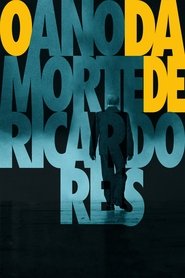 Fernando Pessoa one of the greatest...
Fernando Pessoa one of the greatest...The Year of the Death of Ricardo Reis 2020
Fernando Pessoa, one of the greatest writers in Portuguese, created an immense parallel world and several heteronyms so as to endure the loneliness of genius. José Saramago, 1998 Nobel Laureate in Literature, has a heteronym, Ricardo Reis, return to Portugal after a 16-year exile in Brazil. 1936 is a perilous year with Mussolini’s fascism, Hitler’s Nazism, Spain’s Civil War and Salazar’s New State in Portugal. And Fernando Pessoa meets his creation, Reis. Two women, Lídia and Marcenda, are Reis’ carnal and impossible passions. “Life and Death as one” allows for literature and cinema.
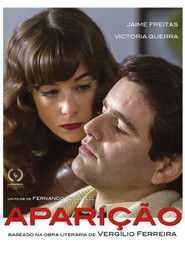 A writer becomes the main character...
A writer becomes the main character...Apparition 2018
A writer becomes the main character in the story he intended to write
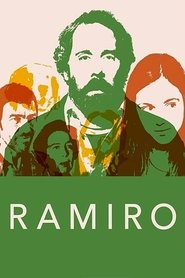 Ramiro is a bookstore owner in...
Ramiro is a bookstore owner in...Ramiro 2018
Ramiro is a bookstore owner in Lisbon and a poet in perpetual creative block. He lives, somewhat frustrated, somewhat conformed, between his shop and the tavern, accompanied by his dog, his faithful drinking companions and his neighbors: a pregnant teenager and her grandmother recovering from a stroke. He would gladly continue living this quiet and somewhat anachronistic routine if events worthy of a soap opera did not invade his bubble.
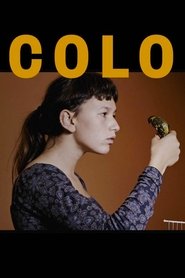 Struggling against the crisis in Portugal...
Struggling against the crisis in Portugal...Colo 2017
Struggling against the crisis in Portugal, a mother doubles up jobs to pay the bills since her husband is unemployed. Their teenage daughter tries to keep living everyday life even if the money is running short, which makes everything uneasy. Escaping from their common reality, they slowly become strangers to one another, as the tension grows in silence and in guilt.
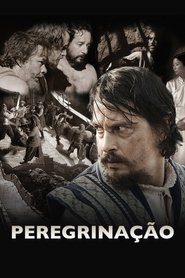 Adventurer pilgrim penitent but above all...
Adventurer pilgrim penitent but above all...Pilgrimage 2017
Adventurer, pilgrim, penitent but above all outstanding writer, Fernão Mendes Pinto left us an unparalleled romance, the living and human palpitation of one of the greatest historical adventures of man.
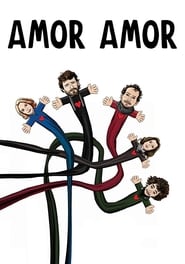 Marta and Jorge have been a...
Marta and Jorge have been a...Love Love 2017
Marta and Jorge have been a couple for seven years. All their friends think they are living a perfect romance. Too perfect, perhaps, for the despair of all: Bruno, who is much younger than Marta but madly in love with her; Lígia, who is Bruno's sister and Marta's best friend and would love to see her brother happy; Carlos, Jorge's friend, who maintains a superficial romance with Lígia while secretly in love with Marta; and for Jorge himself, who is afraid this idyllic romance will imprison him and, convinced that his love and his lover's desire to marry will take away his freedom, decides to show her the way into Carlos arms.
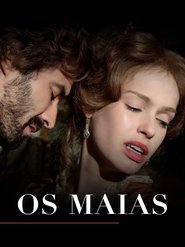 The tragedy and comedy in Carlos...
The tragedy and comedy in Carlos...The Maias: Story of a Portuguese Family 2014
The tragedy and comedy in Carlos' life begins, grows and ends like the tragedy and comedy of Portugal. In the company of his close friend, João da Ega, allegedly a brilliant writer, Carlos, with his idle existence as an aristocratic doctor, spends his time to enjoying friends and lovers. Until he falls in love. She is a new character in this revolutionary novel. It's a vertiginous passion that goes beyond that past gloominess to reach a new and darker abyss, incest.
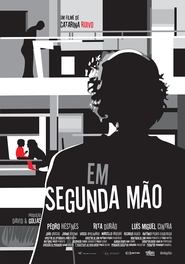 Jorge is a loner and a...
Jorge is a loner and a...Second Hand 2013
Jorge is a loner and a writer of popular books. At night, he looks through other people's windows and thinks that they are truly happy.
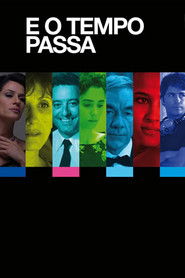 Teresa is a soapopera actress Meeting...
Teresa is a soapopera actress Meeting...E o Tempo Passa 2011
Teresa is a soap-opera actress. Meeting again an old passion brings her back apparently lost memories, leading her to question not only her love life but also her career options. In the studio, the daily work is spiced by the frenzy group of younger actors. After all, they all ask the same question: where does happiness lies?
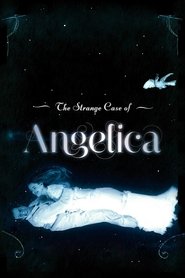 A photographer Isaac is asked by...
A photographer Isaac is asked by...The Strange Case of Angelica 2010
A photographer, Isaac is asked by hotel owners to take portraits of their recently deceased daughter Angélica. When he looks at her through the lens of his camera, she appears to come back to life just for him. He instantly falls in love with her. From that moment, he will be haunted by Angélica day and night.
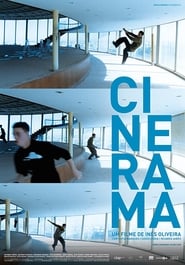 Humberto hanged himself Catarina Paulo and...
Humberto hanged himself Catarina Paulo and...Cinerama 2010
Humberto hanged himself. Catarina, Paulo and Victor want the company where Humberto used to work for to take responsibility in his death, leading them to kidnappe the company’s director in an act of despair. Who is Humberto? What company is that? In which paths will he take us, after his death? Cinerama is an edgy, enigmatic, but not distant film that brings up genres of cinema as well as other forms of art like dance, theatre and poetry. The film reflects ways of being in life.
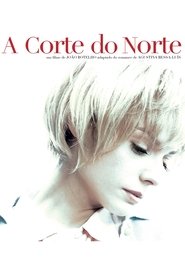 Adaptation of a 1987 novel by Agustina...
Adaptation of a 1987 novel by Agustina...True and Tender is the North 2008
Adaptation of a 1987 novel by Agustina Bessa Luis, a multi-generation exploration of a wealthy family with a mysterious past and a house on the island of Madeira.
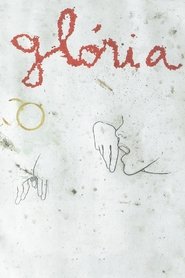 Gloria is set against the backdrop...
Gloria is set against the backdrop...Gloria 1999
Gloria is set against the backdrop of a rural landscape slowly disappearing in modern Portugal. The small border town of Vila de Santiago, once a booming trade center for illegal trafficking, is about to become a ghost town, as a new motorway is to bypass the city and the railway station is being closed. Its stationmaster, Vincente, is preparing to retire. Many young people have moved out, leaving the children to be brought up by the elderly, including thirteen-year-old Glória and her friend Ivan. Glória's life suddenly changes with the arrival of Vincente's younger brother, Mauro, who has just come out of prison and has some old issues to settle. Mauro begins to charge around the station on his motorbike, while Glória's friendship with Ivan is put to test on account of her attraction to older Mauro.
 This short film is based upon...
This short film is based upon...Minus 9 1997
This short film is based upon a book of tales "Exemplary Crimes" by Max Aub who, in his turn, was inspired by real testimonies that describe crimes straightforwardly. The Testimonies are individual confessions by different persons that have nothing in common but the fact that all committed murder.

 Passionate romance brutal treachery and selfless...
Passionate romance brutal treachery and selfless...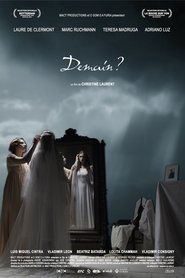 The short life of the Uruguayan...
The short life of the Uruguayan...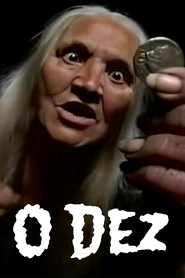 A Portuguese horror and fantasy anthology
A Portuguese horror and fantasy anthology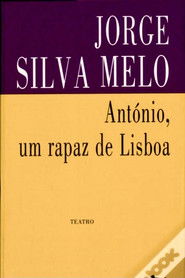 A boy in Lisbon in this...
A boy in Lisbon in this...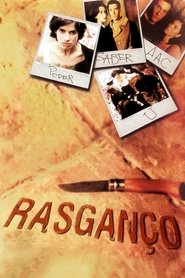 A philosophyobsessed serial rapist stalks a...
A philosophyobsessed serial rapist stalks a...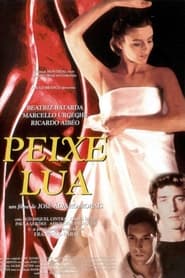 The story of a family of...
The story of a family of...